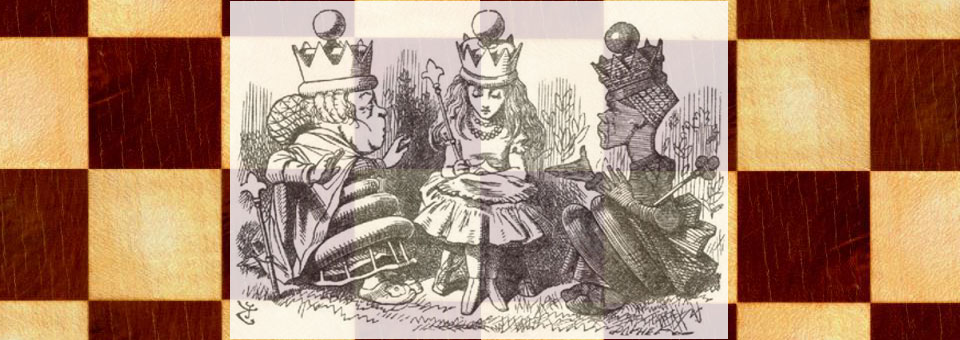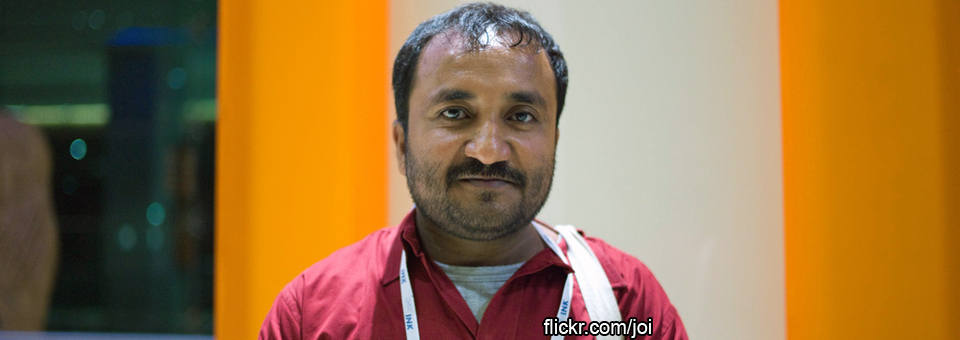Many communities across the World, particularly minority ones, face a familiar foe that stops them from making progress, but this opponent is no ordinary beast; it is an incessant machine of war that requires little to no sustenance, immobilises the strongest of characters and takes no prisoners. Entire people become infuriated by its path of destruction and yet cannot channel that energy to make even the smallest mark against it, or one that it would notice in any case. A reassessment of the front line is long overdue; just how do we tackle the monster that is propaganda? And more importantly, how can the ordinary Sikh on the street – common prey for this beast – play their part?
Sikhs have regularly garnered bad press in India since the country came into being. In the 1950s when demonstrating peacefully to retain the Punjabi language in Schools and public life, Sikhs were singled out and portrayed as communalists; in the 1970s after years of seeing political campaigning for sustainable environmental policies evaporate, Sikhs were classed as separatists; and in the 1990s after facing Genocide and State terrorism, Sikhs were, ironically, written off as terrorists. It should come as no surprise that today Sikhs are still being branded as extremists by the very same Indian press. Elsewhere, from the studios of the BBC Asian Network to the offices of Hollywood writers, Sikhs like many other minorities continue to be typecast and set apart by depictions over which they have little say. But what is surprising is that despite times having changed, technology having advanced, and broadcasting becoming ubiquitous, we Sikhs still don’t know how to face up to the sensationalist claims of a State-influenced media.
Propaganda is a strange thing; it only really works when people buy into it. If they choose to ignore it, or as in times gone by, undertake their own research and reach a conclusion independently, then propaganda is about as lively as a fish out of water. One would think that the modern era is heralding a new dawn for the art of reason, logic and debate, and arguably it is in some parts of the World. Through the internet we, the people, can challenge what we are told (or should that be sold?) in the blink of an eye: the statistics from a Presidential candidate’s campaign video can be debunked within seconds of it being uploaded to Youtube; the extent of an oil spill can be seen on an Instagram photo before the company’s Chief Executive has left the building; and the hypocrisy of an international fashion house’s marketing campaign can be ripped to shreds on Facebook before a single shoot has wrapped. All of this and more has proven that the people can win and the Truth can be set free. Propaganda can be confronted, engaged and defeated, if we know how.
The secret to taking on propaganda is education. On a daily basis I find myself encouraging Sikhs to become educated, something that my close friends and peers are tired of hearing me say. But I continue to say it because it just isn’t happening. Whether we are speaking of any particular situation or not, propaganda is best countered by a well-informed public who are both widely read and acquainted with current affairs. Such a society is able to rebuke the misinformation delivered to them both individually and collectively, before moving forward to ensure that the propagandists are admonished from their positions of power. It might seem like a fanciful notion which does not come to pass in the real World, but I would argue that the United Kingdom and many western countries today are essentially operating on this basis.
There may now be three Sikh television channels, a myriad of Sikh newspapers, and a mass of Sikh radio stations, but arguably we Sikhs are generally still ill-equipped to fight propaganda. We have replaced State-sponsored media spouting propaganda with entities that do the same but at a much lower level. There is little encouragement for deliberation, consideration and contemplation for people to make their own decisions – instead they are promoted to ask questions and graciously receive answers dictated to them without reference or justification. Sikhs as people must learn to reach their own conclusions in life, become less reliant on others telling them what to do and will then be able to create a much more productive society – one which will inherently be equipped to stand up to propaganda. Today, we Sikhs are largely ignorant of the Arts, of anthropology and most importantly of politics, when these are subjects covered in some depth in the Guru Granth Sahib. We must become learned citizens of the World as Guru Nanak was, knowledgeable of other traditions and philosophies, not just our own.






